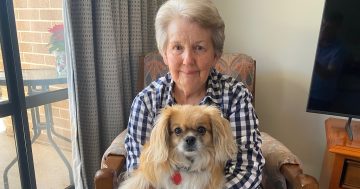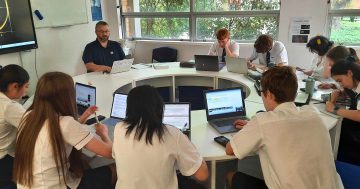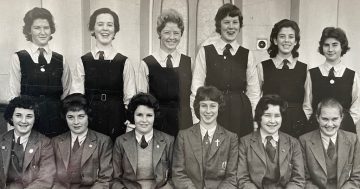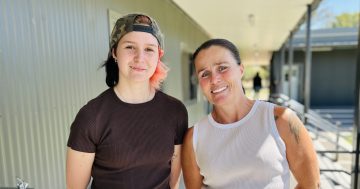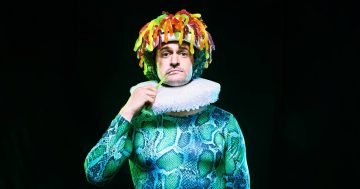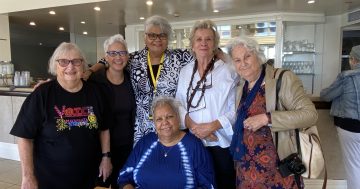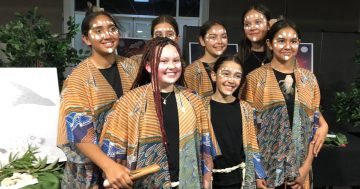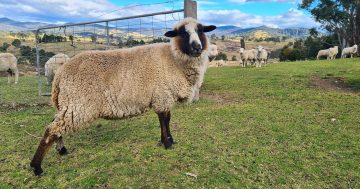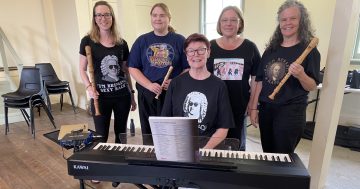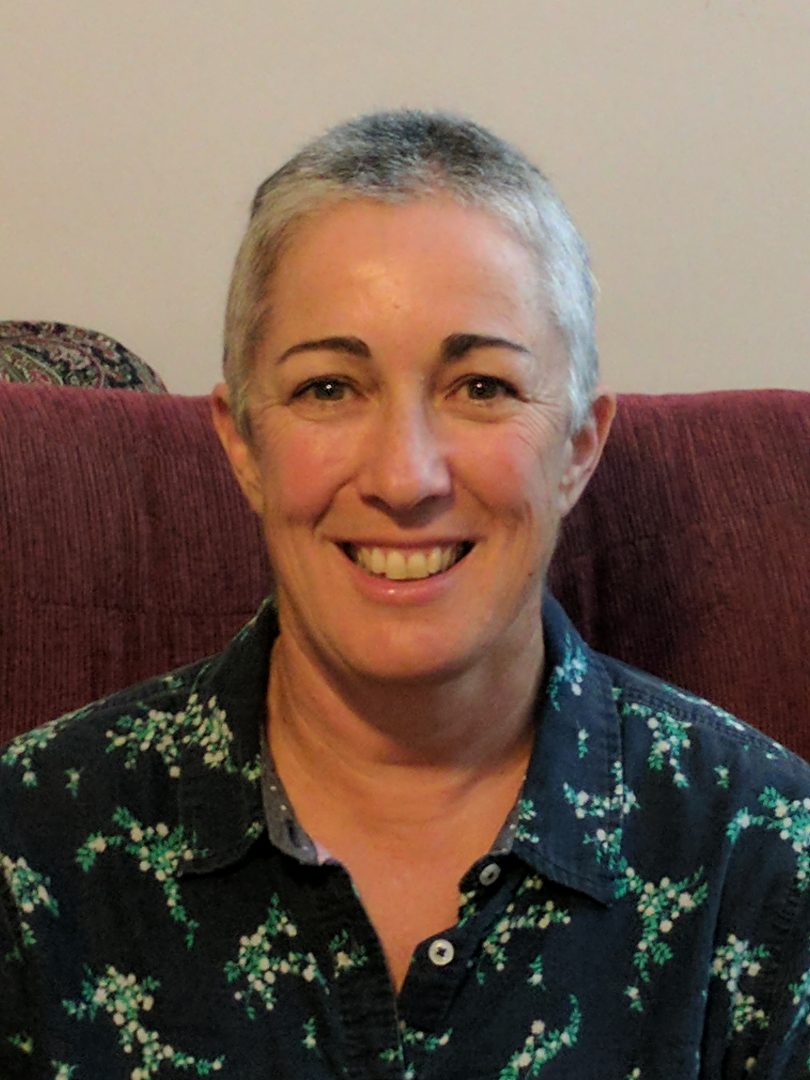
Bega resident Julie Davies runs Mandala Maths and believes that “almost anyone can learn almost anything”. Photo: Supplied.
Are you one of the many Australians who have gone through life believing that you are “bad” at maths?
I definitely am and I’m sitting with Julie Davies, an accredited TAFE teacher with an engineering background, who teaches adults and high school students maths through her Bega business, Mandala Maths.
It hadn’t crossed my mind that we’d end up doing maths during the interview but, of course, while Julie is telling me about her experience as a maths teacher, she picks up a pen and starts sketching numbers onto a blank page.
“Many people have a strong emotional reaction to maths – fear, panic and shame. This has a lot to do with the way maths has been taught in the past. School maths is delivered fast and it builds on itself, so if you miss one part, you can be lost for the rest of your school career.”
Julie aims to create a supportive environment in her classes where adults can undo some of their fixed ideas about maths and how good or not good at it they are.
“What I try to get across is that you are a different person than you were as a teenager,” Julie explains “you have life context now, which makes learning so much easier. The amazing part is how simple it can be to undo – I’ve taught people basic trigonometry in 15 minutes!”
Some of her adult students are parents who want to better help their high school-aged kids with their maths homework while others are just wanting to finally understand the language of maths after years of avoiding it.
“I ask people if there is anything in their life they are curious about, or if they have a problem they want to solve,” Julie says “maths is actually very creative, it’s another way to describe the world.”
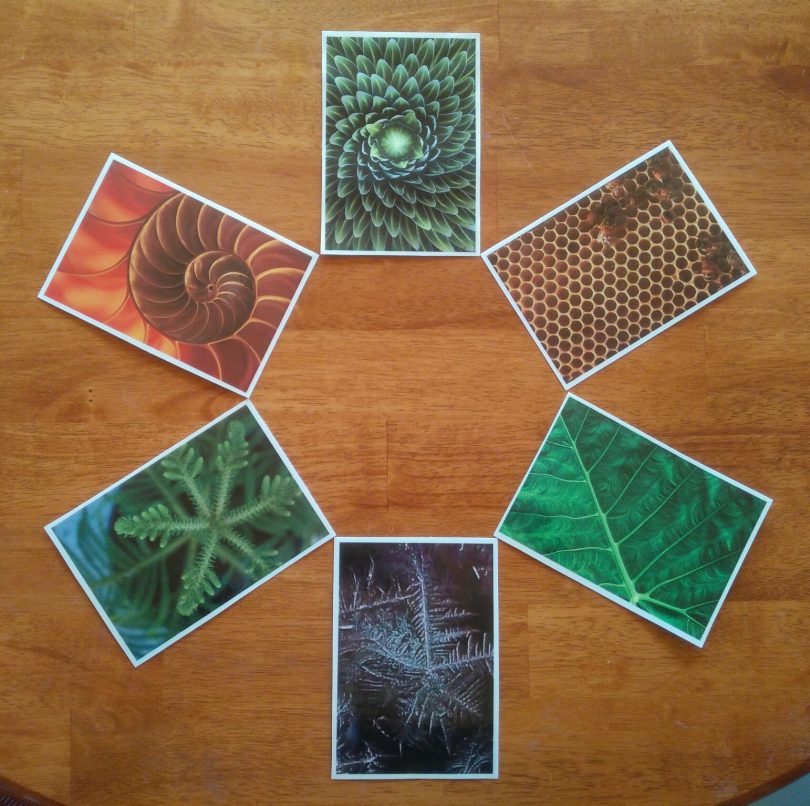
Julie encourages her students to see maths in the world, as in these pattern cards and let it answer their curiosity. Photo: Supplied.
Julie wants to teach you maths but most of all, she wants you to know you can learn anything.
“You can have a fixed mindset, where you believe that either you are good at something or you aren’t, or you have a growth mindset when you believe that you can learn almost anything if you put in the effort.”
When people tell Julie they aren’t good at maths, she responds by saying “of course you’re not good at it, you’re a beginner!”
The part where you feel the struggle is key to learning anything, Julie explains.
“Keep going, the struggle means your brain wants to lay down pathways in your brain which will make it more automatic in the future,” she assures me.
But appreciating hard work doesn’t mean Julie is going to do what I remember maths teachers doing – pushing and pushing and, when you didn’t know the answer, just asking the question over and over.
On the paper, she writes 8×32.
“How would you do that?” she asks and when I hesitate, she says, without a hint of judgement “you’d probably use a calculator.”
As she sketches numbers on the page, pointing out some useful patterns I hadn’t taken in during school maths, like that multiplication and division are opposites, I realise that I haven’t got the panicky, closed down feeling I usually associate with doing even simple maths in company.
I don’t know how she does it but Julie has somehow taken the pressure off maths.
Free maths classes with Julie will be held in Bega for the first six weeks of Term 4, starting Thursday, October 17, at Bend Eco Neighborhood House, from 1 pm to 3 pm.
For more information, contact Julie via email – [email protected]







